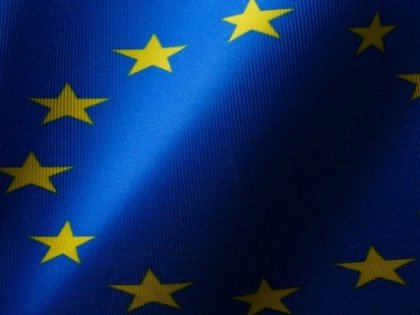In June, we reported how the pendulum was swinging against tobacco harm reduction in the Philippines. Ex-chain smoker Duterte’s government was planning to “raise ‘sin’ taxes on tobacco and alcohol to close a cumulative funding gap estimated at around P426 billion [£6.5 billion] over the next five years.”
It also spoke about its plans “to regulate or ban the use of e-cigarettes and related products once it is proven that these also contain cancer-causing chemicals that are found in traditional cigarettes.”
The Coalition of Asia Pacific Tobacco Harm Reduction Advocates responded: “Access to safer nicotine products such as e-cigarettes among adults who wish to use such products in lieu of combustible tobacco is a human right. We urge the Department of Health and Philippine Food and Drug Administration to acknowledge the scientific evidence supporting the reduced harm of electronic cigarettes and to not severely restrict their availability to adults based on outdated and scientifically flawed opinions.”
Philippine E-Cigarette Industry Association president Joey Dulay commented: “We support fair and reasonable regulation of e-cigarettes to ensure the safety of adult vapers.” He added that the moves would “kill the local vape industry and unduly benefit the tobacco industry that has killed millions and will continue to cause the premature death of countless people.”
Nobody expected dotty Duterte to go as far as he is now promising.
This week, the President said: “I will ban it. The use and importation. You know why? Because it is toxic and government has the power to issue measures to protect public health and public interest.”
“This vaping, they say it is electronic. Don’t give me that shit. Better stop it, I will order your arrest if you do it in a room. That is like smoking. You contaminate people.”
Hours after he made this mad announcement, Pinoy police were ordered to begin arresting anybody vaping in public.
Duterte’s claim to fame before becoming president was to have “brought peace and order to Davao City”. He did this through the creating of “death squads” which, according to Human Rights Watch, were compromised of “motorcycle-riding gunmen” who “shoot or stab their victims in public places in broad daylight. The killers are so brazen that they don't even bother to mask their identities. They leave quickly, but always before the police appear, even if the police station is close by.” [link]
On becoming Philippine president, Rodrigo Duterte waged a “war on drugs”, killing “more than 6,600 people” and triggering a human rights abuse investigation by the United Nations, according to The Financial Times [link].
The Philippines need Duterte-harm reduction before he releases his death squads on those using strawberry eliquids.
Related:
- Philippine Death Squads, Human Rights Watch - [link]
- UN to probe human rights abuses in Duterte’s ‘war on drugs’, The Financial Times – [link]
Dave Cross
Journalist at POTVDave is a freelance writer; with articles on music, motorbikes, football, pop-science, vaping and tobacco harm reduction in Sounds, Melody Maker, UBG, AWoL, Bike, When Saturday Comes, Vape News Magazine, and syndicated across the Johnston Press group. He was published in an anthology of “Greatest Football Writing”, but still believes this was a mistake. Dave contributes sketches to comedy shows and used to co-host a radio sketch show. He’s worked with numerous start-ups to develop content for their websites.
Join the discussion
Harm Reduction For The Rich
The United Kingdom risks becoming a harm reduction country only for the wealthy, according to Michael Landl of the World Vapers’ Alliance
A Missed Opportunity at COP10
The Smoke Free Sweden movement says that COP10 was a missed opportunity to save millions of lives
COP10: Promote Tobacco Harm Reduction
Experts with Smoke Free Sweden are emphasising the urgent need for a Tobacco Harm Reduction approach at COP10
EU Commission Called Out
The World Vapers' Alliance calls out the EU Commission's hostile stance on Tobacco Harm Reduction in light of Tobacco Product Directive consultation findings






-listing400.jpg)




